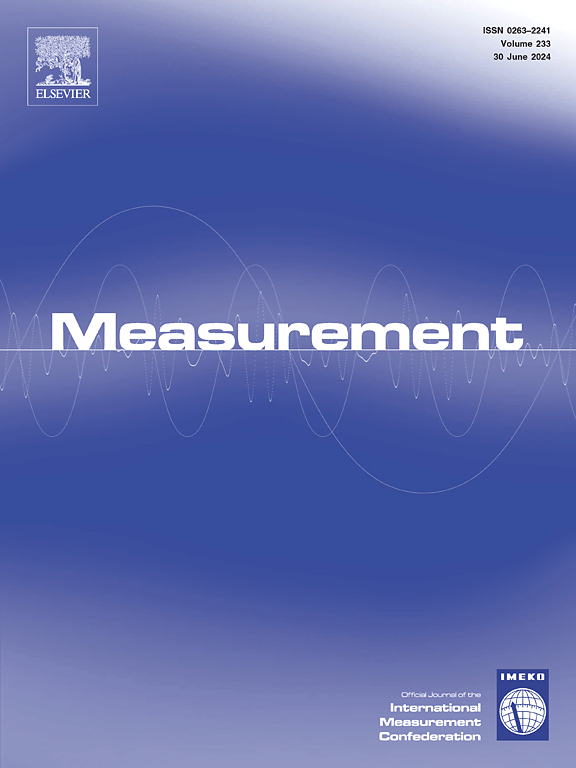In-situ all-fiber conductivity-temperature-depth (CTD) sensitive-enhanced sensor for marine environment measurement
IF 5.2
2区 工程技术
Q1 ENGINEERING, MULTIDISCIPLINARY
引用次数: 0
Abstract
Conductivity-temperature-depth (CTD) measurement occupies a pivotal position in marine environment detection. However, the electronic devices or systems are highly susceptible to corrosion under these conditions, resulting in frequent failures. Herein, an in-situ all-fiber CTD sensitive-enhanced sensor integrated by T-shaped Fabry-Perot interferometer (T-FPI) and temperature-compensated Fiber Bragg Grating (TC-FBG) is proposed and experimentally demonstrated. The T-FPI is composed by input single-mode fiber (SMF) and vertically affixed hollow-core fiber (HCF) with polishing process of CO2-laser, constructing a channel for seawater flowing. The channel is employed for measuring the CTD characteristic of the seawater. In addition, a TC-FBG is integrated on the input SMF to eliminate in-situ temperature crosstalk. Experimental results present that the highest sensitivities achieve 16.78 nm/(mol/L), 9.27 pm/℃, and 62.86 nm/MPa for salinity temperature, and pressure measurement, respectively. Meanwhile, the resolution of the sensor is tested as 0.107 ℃, 0.016 mol and 15.024 KPa, respectively. Compared with CTD sensors based on electronic devices or systems, the proposed sensor updates the sensing performance, volume, cost and anti-corrosive quality.
求助全文
约1分钟内获得全文
求助全文
来源期刊

Measurement
工程技术-工程:综合
CiteScore
10.20
自引率
12.50%
发文量
1589
审稿时长
12.1 months
期刊介绍:
Contributions are invited on novel achievements in all fields of measurement and instrumentation science and technology. Authors are encouraged to submit novel material, whose ultimate goal is an advancement in the state of the art of: measurement and metrology fundamentals, sensors, measurement instruments, measurement and estimation techniques, measurement data processing and fusion algorithms, evaluation procedures and methodologies for plants and industrial processes, performance analysis of systems, processes and algorithms, mathematical models for measurement-oriented purposes, distributed measurement systems in a connected world.
 求助内容:
求助内容: 应助结果提醒方式:
应助结果提醒方式:


